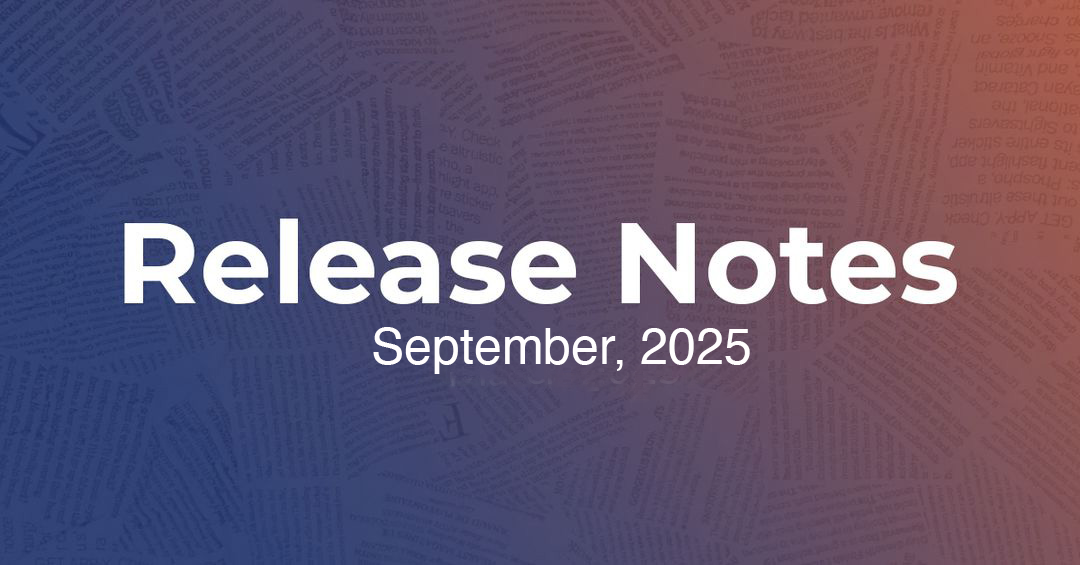Doctors who treat cancer see people at the most vulnerable times of their lives. It takes a special kind of person to do this work day in and day out. And we talked with one such doctor, Hardeep Phull, MD. He's not just an oncologist but also a pilot, a combination that gives him a unique perspective on both medicine and life. Dr. Phull’s journey into oncology was shaped by early experiences with cancer patients, but it’s his love for flying that adds an intriguing dimension to his approach. Just as a pilot must maintain calm and precision in the cockpit, especially in challenging situations, Dr. Phull applies those same principles in the treatment room.
A Multifaceted Oncologist Takes Flight
Dr. Phull isn't just your average oncologist. He is at the forefront of cancer treatments as the Director of Oncology and Infusion Programs at Palomar Health in Escondido, California and the Director of Medical Oncology at Palomar Health Medical Group. But what really sets Dr. Phull apart is his unique perspective – quite literally. As a licensed pilot, he sees the world from above, gaining insights that inform both his medical practice and his approach to life.
"When you're flying an airplane, you see a bunch of squares and circles, especially in the rural areas," Dr. Phull explains. "But you also see roads and boundaries. Aviation transcends boundaries. You see how silly we are, looking down at a 2D world when we're in the 3D world."
This aerial view isn't just a hobby; it's a metaphor for how Dr. Phull approaches oncology and physician wellness.
Flying taught him to navigate complex environments with focus and resilience, skills that are crucial when guiding patients through their most difficult moments. It also taught him to transcend manmade boundaries and think outside of the box in the "clinical cockpit." We'll explore how he stays positive while dealing with tough

situations, what keeps him excited about his work even after years in the field, and how the discipline and perspective he gains from flying fuels his passion for helping patients overcome the daunting challenge of cancer.
The Empathy Evolution in Oncology
When talking about oncologists, the word "empathy" frequently comes up. Dr. Phull articulates that empathy is an innate skill that can be further developed, and it's crucial to realize its importance in medical training.
"Empathy is not just a 'soft skill' but a critical component of effective patient care," Dr. Phull emphasizes. He recounts a powerful anecdote:
"I had a patient come in crying after a mammogram detected cancer. After listening to her, I said, 'Well, aren't we lucky that the mammogram worked? Imagine if we did a screening test that didn't work and we missed this cancer in its early stage.' It's a whole different perspective."
This approach – reframing a scary diagnosis as a successful early detection – exemplifies how empathy can be both comforting and empowering for patients.
From Burnout to Moral Injury: A Paradigm Shift
In recent times, the conversation around physician burnout has evolved to include the more accurate term "moral injury." Dr. Phull explains, "Burnout suggests a deficiency within the individual, but moral injury points to the systemic issues that hinder a physician's ability to provide empathetic and effective care."
Dr. Phull doesn't just talk about the problem; he offers solutions. "It starts with making the workplace a safe place," he says. "Bureaucracy will always exist, but you really have to look at a person as an entire scope of a person who has duties and responsibilities, family duties, the need for physical activity and fitness, childcare, family obligations, sleep, and stress management strategies."
He even suggests unconventional ideas: "My medical assistant is required to take a 15-minute break every two hours. Why am I not required to take a break? It should be mandatory. Your computer's off now. You can't catch up. This is YOUR time."
The Joy of Medicine: Finding Purpose in Oncology
Despite the challenges, Dr. Phull remains optimistic about the field of oncology. "We have so many tools like genomic sequencing and targeted precision medicine, just better drugs, including immunotherapy and combinations with oral treatments," he explains. His vision for the future of cancer treatment is inspiring: "My hope one day is to have not just one treatment or a line, a couple of types of treatment, but many lines of it. You could have six to 10 lines of treatment and you go through each one, (remove "one,") one year at a time, turning cancer into a chronic illness one day."
This progression of treatment options is transforming cancer from an often-fatal disease to something more akin to a chronic condition. As Hardeep puts it, quoting Dr. Francesca Thompson from the 1980s, "The cure is growing old and dying from something else."

Balancing Act: Leadership, Practice, and Personal Passions
As a physician leader, Dr. Phull emphasizes the importance of staying connected with clinical practice. He believes in "shared suffering" – understanding the challenges faced by frontline practitioners through continued clinical work.
But it's not all work for Dr. Phull. His passion for flying serves as both a metaphor for his approach to medicine and a vital outlet for stress relief. "It's literally just an obsession with the spirit of flying," he says. "Everyone wants to be up with the birds and soar like eagles. It's like a human endeavor for the longest time."
Conclusion: Soaring Above Challenges
Dr. Hardeep Phull's journey from a curious medical student to a leading oncologist and pilot offers valuable insights for healthcare professionals at all stages of their careers. His emphasis on empathy, system-level changes to combat moral injury, and finding joy in both work and personal passions provides a roadmap for not just surviving but thriving in the medical field.
As we face the challenges in healthcare, Dr. Phull's perspective reminds us to occasionally step back – or perhaps fly up – to gain a broader view. In doing so, we might just find the solutions and joy we've been seeking all along.

.svg)







